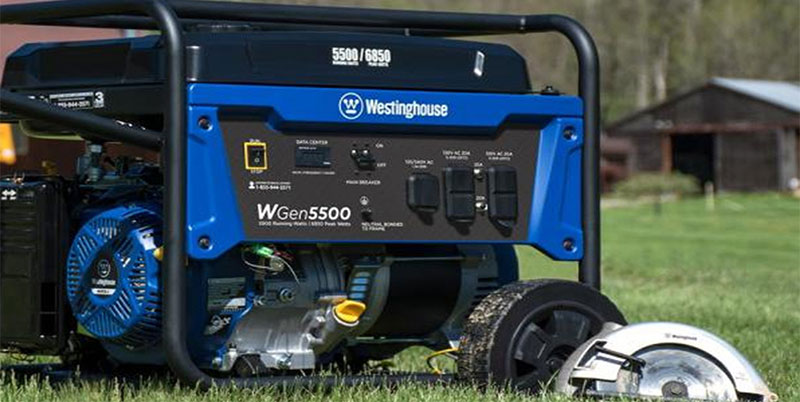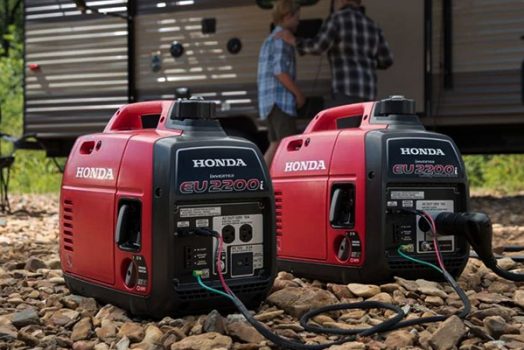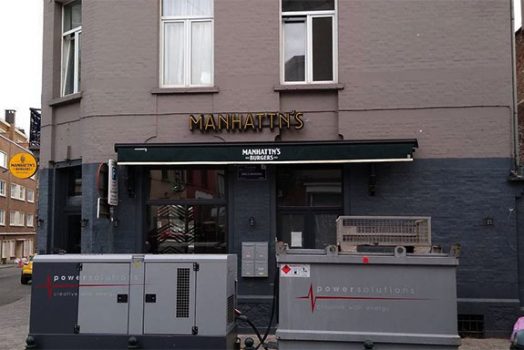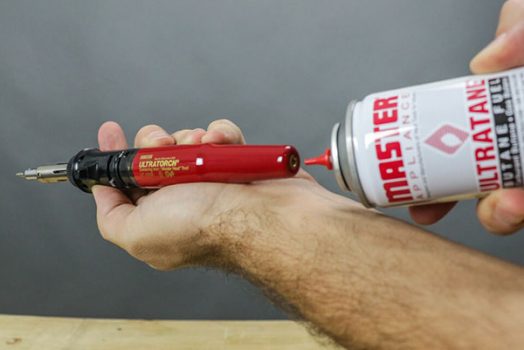A generator is a great way to provide power to your home during an emergency. But there are some things you need to know before you can use one safely. For example, connecting the wrong wires could cause electrocution or even start a fire.
Generators are great for providing electricity in an emergency; however, some important steps must be taken before using one safely. For example, if the incorrect wires are connected, this could result in serious injury or even death by electric shock or fire.
A generator can be a great tool to have for power outages or other emergencies. First, however, you need to ensure that your house is prepared and connected to it correctly. To do this, you first need to find the best place in your home for the generator (generally as close as possible) and then connect an appropriate length of heavy-duty extension cord from there into your main electrical panel box. If done correctly, you will avoid any damage and safely use power from your newly acquired generator.
Guide to plug a generator into your home
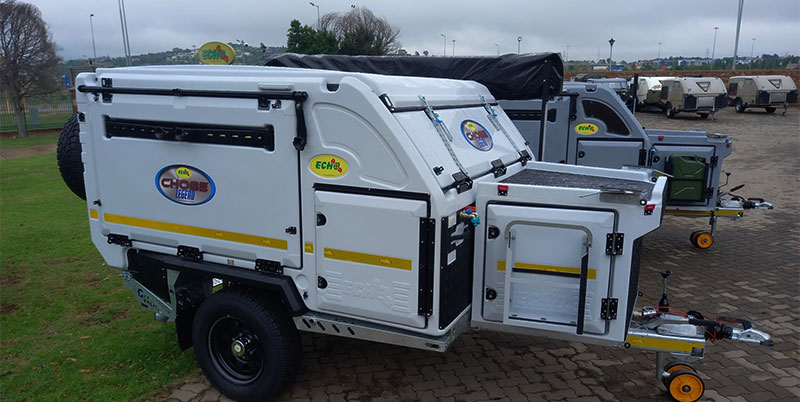
A generator is a great thing to have if you are ever in the unfortunate situation of being without power for an extended period of time. It can be used for anything from powering your fridge when the power goes out to running lights and appliances at home during a storm. The best way to connect up your portable generator is by using a manual transfer switch wired into your service panel box. This will allow you to control when the electricity flows through the generator, only providing power when necessary.
The best way to connect a generator to your house is through the use of a transfer switch. This will allow you to have power from both sources at one time, and it can help prevent damage or injury due to overloads. In addition, a transfer switch helps regulate the flow of electricity between an external source and your home’s internal wiring system.
Make sure that you keep all extension cords clear of any water sources as this could cause them to short out, which can lead to fires or even electrocution if there are people nearby using these cords for power! It’s also important that you store all extension cords in dry places where they won’t get damaged by sun exposure, rodents, pets, or children playing.
How to hook up a generator
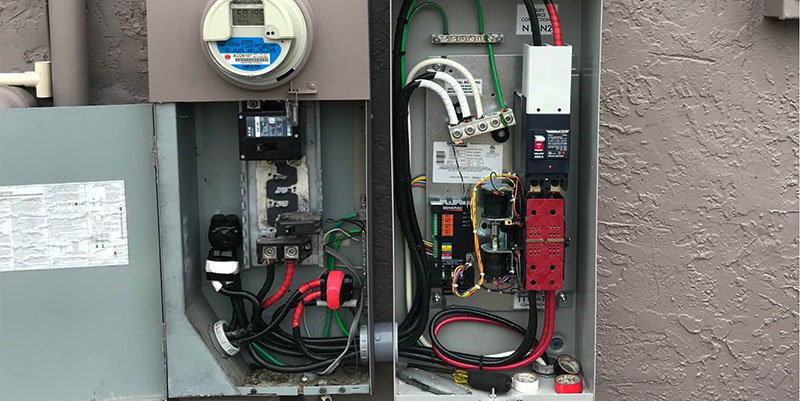
Connecting a generator to your house can be done in multiple ways, depending on the size of your home and how much power you need. We will go through two different methods for connecting a generator to your house: using an automatic transfer switch (ATS) and plugging the generator directly into the main panel.
The first method we’re going to discuss is using an ATS. An ATS allows for seamless switching between grid power and backup power while still powering all circuits that run off 110 volts AC (including refrigerators).

